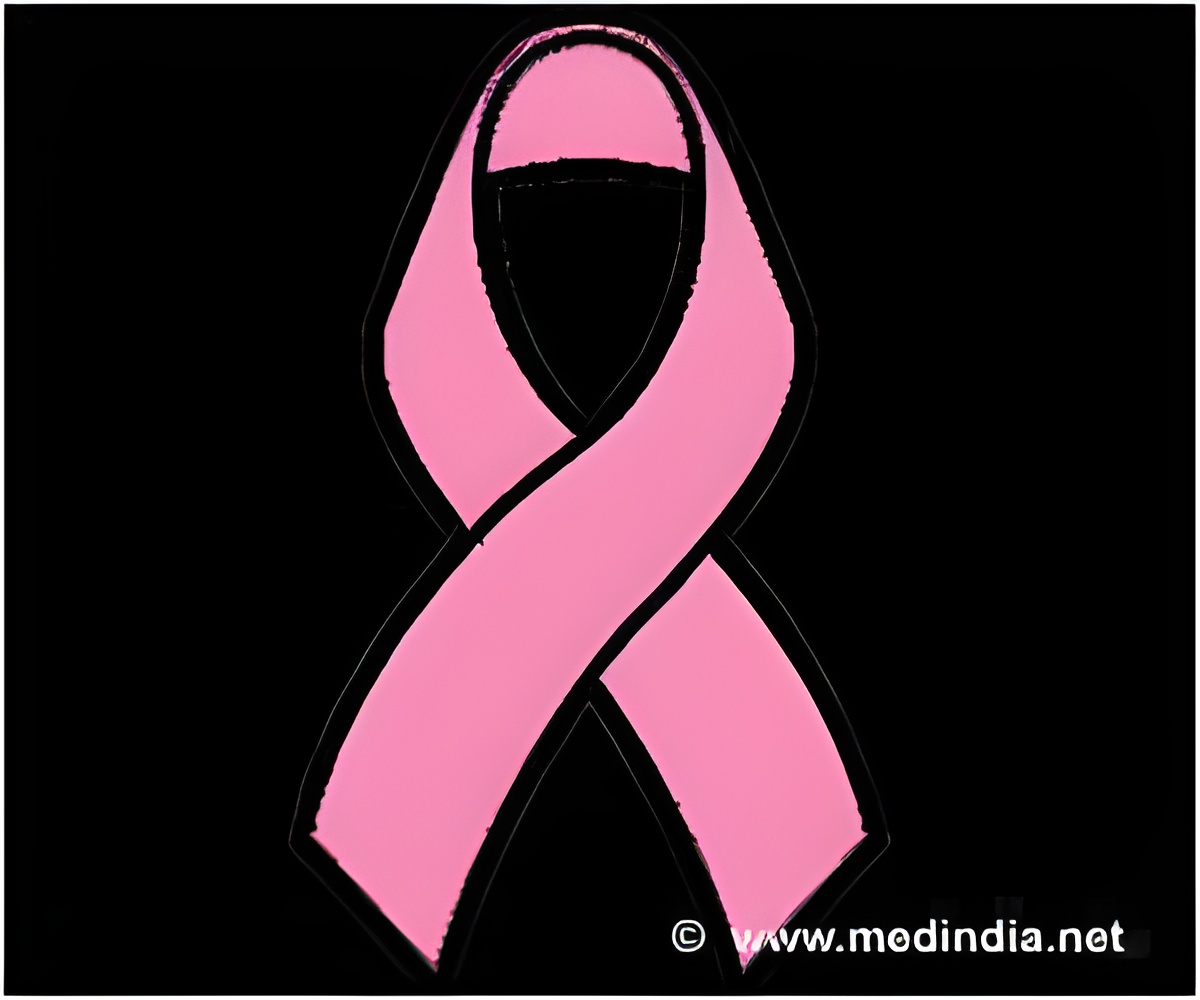There is an increased risk of various cardiovascular diseases among cancer survivors, and hence the need for preventative measures and earlier interventions.

‘Increased risk of coronary artery disease and stroke was found among cancer survivors requiring new strategies and raising awareness in the management of heart problems.’
Read More..




They found raised risks of blood clots forming in the veins among survivors of most cancers, ranging from approximately a two- to ten-fold increase in risk for different cancer sites. Risks decreased over time but were still elevated for more than five years after the cancer diagnosis. Survivors of half of the 20 cancers studied also faced increased risks of heart muscle damage, known as cardiomyopathy, and heart failure.Read More..
For example, survivors of blood, oesophagus, lung, kidney and ovarian cancers were more than one and a half times more likely to experience cardiomyopathy or heart failure than people with no prior cancer.
An increased risk of coronary artery disease and stroke was found in some cancer survivors, including those with prior blood cancers.
The researchers stress that for many people the overall risks will still be low, particularly for younger cancer survivors, but say the findings highlight the need for new strategies to prevent and manage heart and circulation problems in cancer survivors, including a need to raise awareness among GPs of the raised risks.
While the researchers could not definitively identify the causes of the increased risks, the team's analysis suggests that exposure to cancer treatments such as chemotherapy is likely to play a key role.
Advertisement
While previous studies have demonstrated the short- to medium-term increased risk of cardiovascular disease from some specific cancer treatments, there have been limited data on the overall and long-term differences in cardiovascular risk between cancer survivors and those who have never had cancer.
Advertisement
The team found large increases in risk of venous thromboembolism (blood clots in the veins) among survivors of 18 of the 20 cancers studied compared to cancer-free controls. Survivors of breast cancer had double the risk of venous blood clots one year after diagnosis compared with similar women with no prior cancer, though the overall level of risk remained low, especially for younger survivors.
For female breast cancer survivors aged under 60 years, six extra blood clot cases per year were observed per 1,000 women, while among older women (80+ years) 12 extra cases per year were observed per 1,000 women. These risks decreased over time but remained elevated for at least five years after diagnosis with most cancers.
The team also observed long-term increased risks of heart failure and heart muscle damage among survivors of 10 of the 20 site-specific cancers studied. Among people who had non-Hodgkin lymphoma five years previously, there were four extra cases of heart failure per year for every 1,000 people aged under 60, rising to 21 extra cases per year for every 1000 people aged over 80 years.
The senior author of the study Professor Krishnan Bhaskaran from the London School of Hygiene & Tropical Medicine said: "With treatment for cancer becoming more effective, we must start thinking about living beyond cancer and improving the health of survivors. Our work revealed raised risks of various cardiovascular diseases in cancer survivors. These findings are important because those affected might benefit from preventative measures and earlier interventions to reduce the impact.
"If patients, primary care doctors, and specialists are more aware of the potential for increased cardiovascular risks in this patient group, we might detect problems earlier and improve outcomes. There is limited guidance at present to help doctors manage cardiovascular risk in cancer survivorship, and further evidence is needed on whether routine monitoring or additional preventative measures would benefit those with the highest risks."
The authors acknowledge limitations of their study including that there was only limited information available about the anti-cancer treatments that patients had received. Although the research team had some information on whether patients had received chemotherapy, radiotherapy, and surgery, there was no detailed information on specific chemotherapy drugs, radiotherapy doses, or surgery procedures.
Source-Eurekalert














